DAL-GenE
Phase III, double-blind, randomized placebo-controlled study to evaluate the effects of dalcetrapib on cardiovascular risk in a genetically defined population with a recent acute coronary syndrome. The Dal-GenE clinical trial is study sponsored by DalCor and aims to enroll 5000 patients at over 1000 sites in 33 countries recently hospitalized with ACS and who have the AA genotype at variant rs1967309 in the ADCY9 gene, determined by an investigational companion diagnostic test developed by Roche Molecular Systems (RMS). The primary endpoint of the study is the time to first occurrence of any component of the composite of cardiovascular death, myocardial infarction and stroke. The study was made possible following a discovery made at the Beaulieu-Saucier Pharmacogenomics Centre. The Pharmacogenomics Centre is one of 3 international core labs responsible for the testing of potential participants with the investigational companion diagnostic for the study. Dal-GenE is expected to complete in 2020.
MHI-AstraZeneca cardiometabolic biobank
The Montreal Heart Institute (MHI) and AstraZeneca have embarked on a collaboration to search the genomes of up to 80,000 participants of randomized clinical trials for genes associated with cardiovascular diseases and diabetes, their complications and treatment outcomes. This is one of the largest such screens of its type to-date and will drive understanding of the biologic mechanisms underlying these conditions and their complications. The analysis will also uncover which genetic traits are linked to better treatment outcomes. MHI will genotype up to 80,000 DNA samples from AstraZeneca’s extensive biobank which have been collected over a period of 12 years under informed consent from patients who have entered clinical trials to test cardiovascular or diabetes treatments. The knowledge gained from genotyping the samples will be applied to the development of new medicines tailored to treat subsets of patients with particular genetic profiles. The information will also enable a personalized healthcare approach to the use of existing treatments, which means using specific medicines to treat the patient populations which are most likely to respond.
The Montreal Heart Institute Biobank
The MHI Biobank launched in 2005 with the aim of recruiting 30,000 patients for clinical and genetic research. Data is collected via a questionnaire administered by a research nurse at baseline and repeated prospectively every 4 years, which includes detailed medical history, sociodemographic, lifestyle, medication use and linkages to the MHI hospital records. Over 1700 variables are captured in an electronic case report form centrally administered by the Montreal Health Innovations Coordinating Centre. Blood, DNA, and plasma are collected at baseline and stored at the Beaulieu-Saucier Pharmacogenomics Centre. As of January 2018 the biobank contains samples and data on >22,000 participants with a median follow up period of over 6 years. The Centre has genotyped >10,000 patients using the Illumina HumanExome chip and >4000 with the Illumina MEGA chip which were imputed up to 70 million variants. The MHI Biobank has already contributed to the realization of a number of impactful research projects. All MHI Biobank participants provided informed consent and the study was approved by the MHI scientific and ethics review committees.
